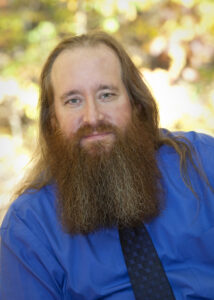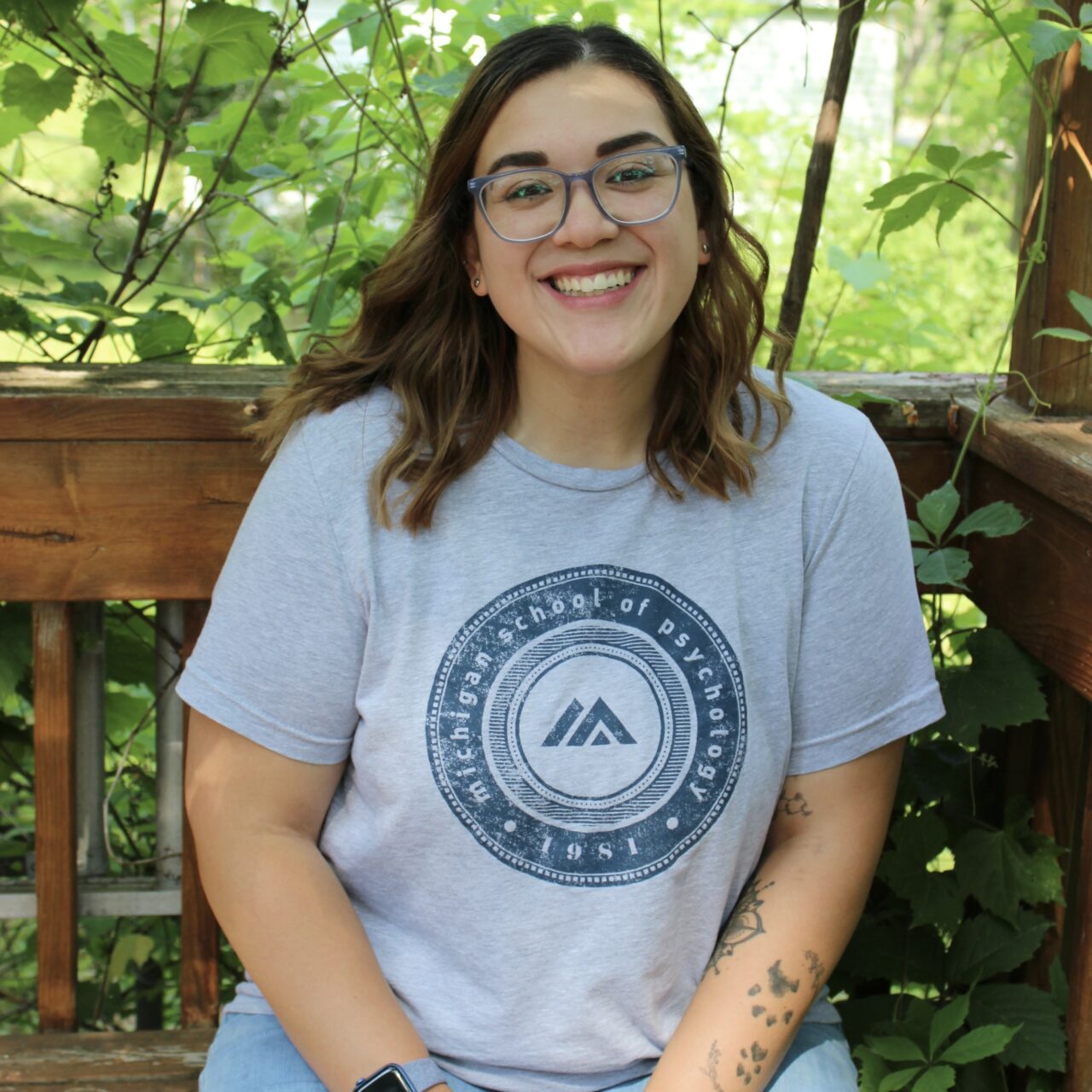
Ryan Blackstock, PsyD
Core Faculty
Dr. Blackstock is a Core Faculty Member in the Master’s Program. He has been teaching at MSP since 2010. Prior to his work at MSP, Dr. Blackstock instructed at several institutions such as Wayne State University, Henry Ford, Oakland, and Lansing Community College systems. Over the past 20 years, Dr. Blackstock has worked in a variety of Mental Health settings, with a substantial emphasis on chemical dependency treatment across a wide range of milieus. In 1999, he earned the Distinguished Service Award from the National Kidney Foundation for pioneering a substance abuse education program for individuals awaiting organ transplant.
Education
- PsyD in Humanistic Clinical Psychology and Education, Center for Humanistic Studies
- MA in Humanistic Clinical Psychology, Center for Humanistic Studies
- BA in Psychology, Michigan State University
- CAADC: Certified Advanced Alcohol and Drug Counselor (State)
Licensure
- Licensed Psychologist – Michigan
Areas of Expertise/Interest
- Addictions Treatment
- Qualitative Research
- Transcendental – Phenomenological Research
- Heuristic Research
- Personality Disorders
- Educational and Therapeutic Applications of Role-Play
- Group Psychotherapy
Select Presentations
Blackstock, R. (2016) Origin Stories: The phenomenological relationship between players and their characters presented at the Living Games Conference, May 20, 2016 in Austin, TX
Blackstock, R. (2012). An existential view of the 12 Steps. Presentation at the 30th Annual MAADAC Spring Conference.
Blackstock, R. (2010). The enneagram: Understanding attentive styles. Presentation at the 53rd Annual Michigan Activity Therapy Conference.
Blackstock, R. (2009). Chemical dependency: Diagnostic criteria and humanistic interventions. Presentation at the 52nd Annual Michigan Activity Therapy Conference.
Current Projects
- The Encounter Deck- A tool to use with groups in therapy sessions.
- Psycho!Therapist- A party game.
Q&A
- Please describe your teaching philosophy.
My philosophy of teaching can be best understood by examining the various roles an instructor employs in their craft, as well as what teaching means to me. A teacher has the dual role of serving as both a director and a coach. The directorship encompasses all of the mechanics of making a course come to life, such as the pacing of presentations, integrating activities and dialogues into lectures, and creating tools (such as examinations) to measure student performance. The coaching role seeks out and identifies student strengths, presents invigorating challenges, and encourages self-confidence.
Teaching is both art and science, therefore; instructors must embrace their artistic and scientific personas. Much of the labor of teaching is measured through the presentation and distribution of theoretical, historical, or applied knowledge as well as understanding each individual’s learning style and integrating this into the curriculum. This is the science of teaching. The artistic component is employed as teachers produce interest and curiosity in their students’ incorporation of the knowledge as well as their ability to sculpt and display the pragmatic benefits of study and learning.
Teaching means promoting positive life-long qualities in our students. As teachers, we encourage self-discipline in our students through homework and reading assignments, projects, papers, and examinations. Self-discipline is also set through role-modeling appropriate boundaries, both specific to academia, as well as in basic interpersonal and therapeutic interactions. We achieve this not only by identifying where a student is struggling with competence and providing appropriate intervention, but also in offering them genuine praise when they succeed. Our vocation is paradoxical. Although we measure achievement in terms of “answers”, we hope to stimulate students to discover and ask more questions. This cycle of questioning and discovery is essential in the recipe for personal growth and ongoing professional development.
My philosophy is rather simple in its design. The academic is personal. What I hope for in each course is though a student may enroll initially for credit towards a degree, they leave with an experience that nurtures their personal and social awareness. These are crucial qualities for scholar-practitioners to develop. I believe that this philosophy encourages, and thus results in; ethical reasoning and practice, and the introspective necessities that support and result in healthy professional maturation.
- Please describe your philosophy regarding the practice of psychology.
The practice of psychology is not just about memorizing theories and applying them to clients. Psychology is alive through the work of those that practice. It is a discipline of understanding our humanity, our culture, our history, and our world. It is an attempt to comprehend the wholeness of each moment, and how those moments impact us across time and space. We are philosophers, scientists, healers, and humble scholars. The current practice of psychology is an active synthesis of abundant knowledge left by our psychology forefathers coupled with the perpetual wonder within new discoveries.
- What advice would you give to a student entering the Michigan School of Psychology?
What makes MSP different is that we place an emphasis on experiential learning. You can be certain that you will have your share of reading, papers, lectures, homework and all the other things you expect from Graduate school, but we add a special ingredient to the mix. I believe that the self is also a clinical tool, and in order to sharpen that tool, your education must become a lasting experience that you will internalize. In order to really understand therapy or “the work” as I call it, you must begin to fathom the importance of your own teeming capacities. This is often a tacit, strenuous labor, though if diligently pursued; the process results in an extraordinary realignment where students become humanistic psychologists.
